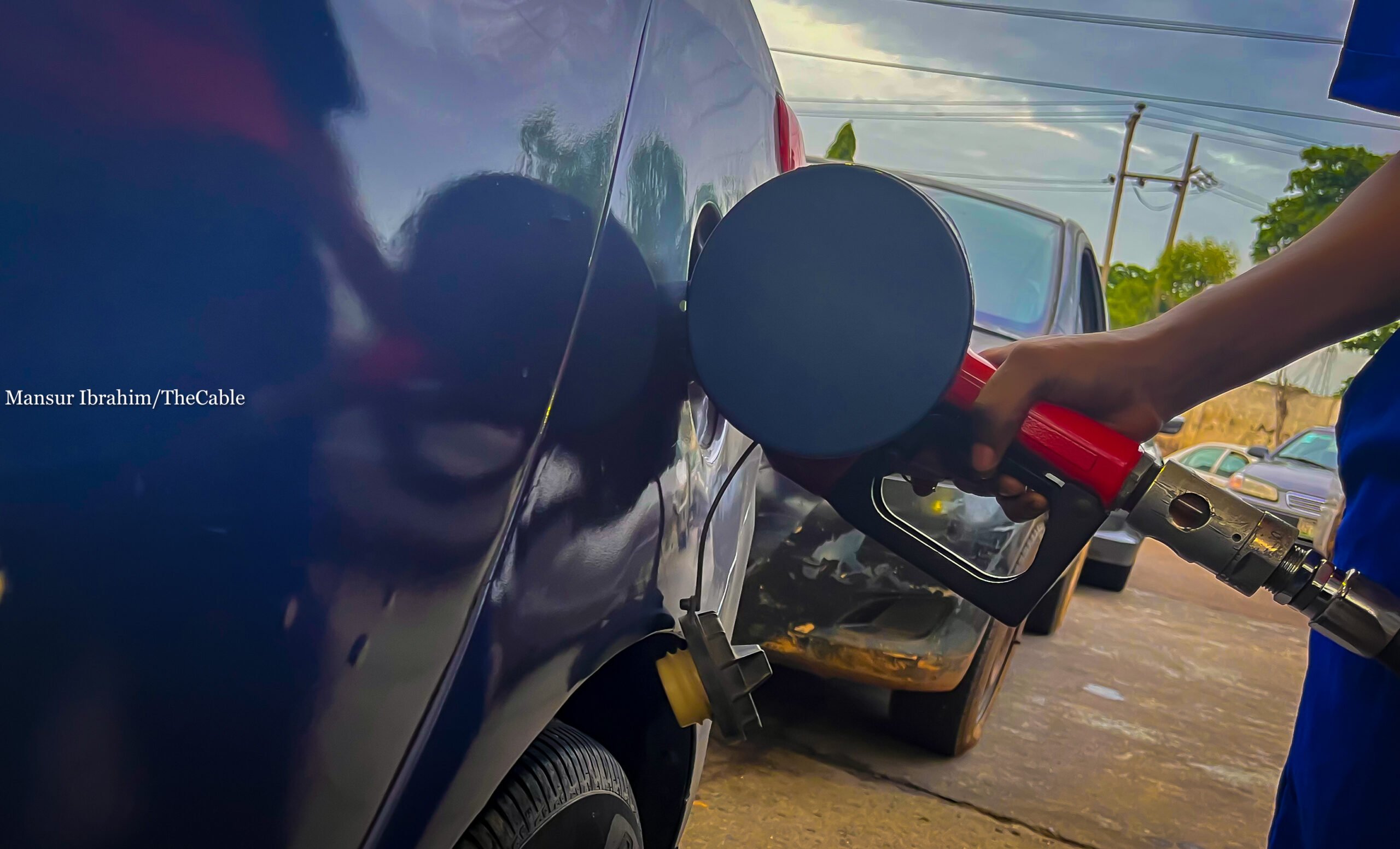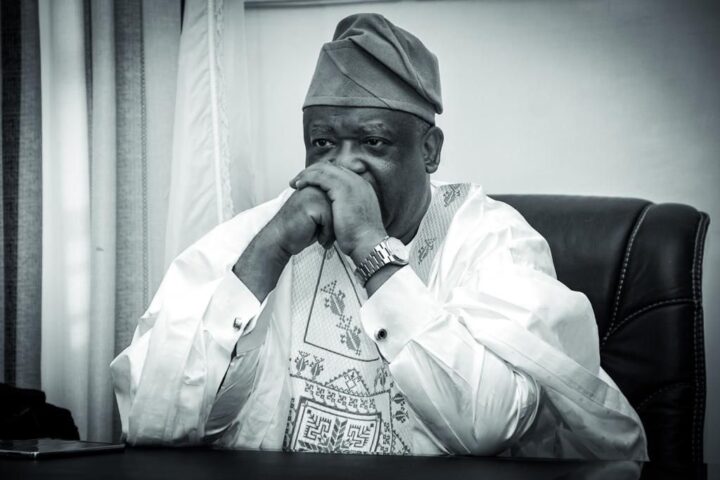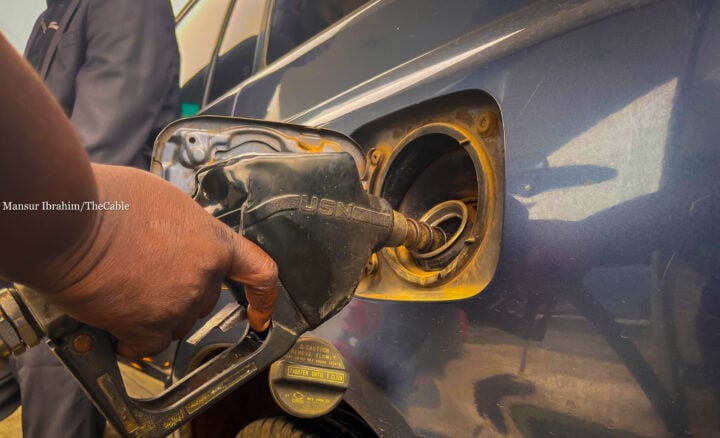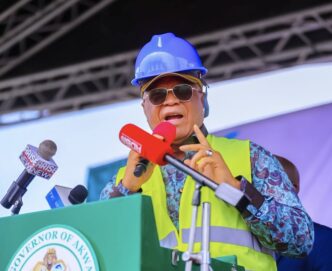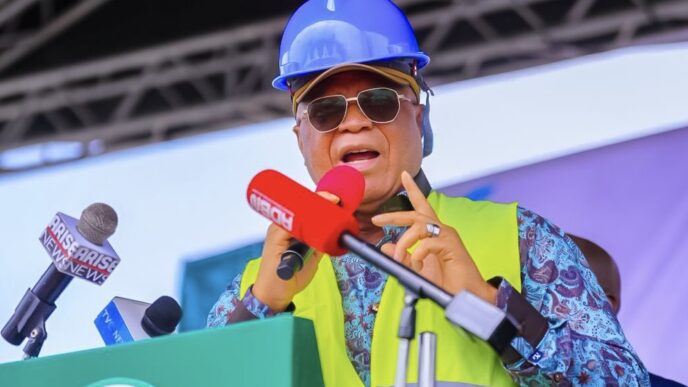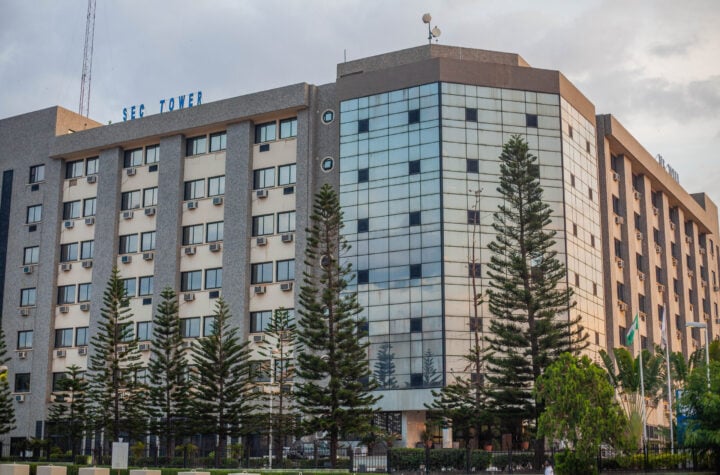The Nigerian Midstream and Downstream Petroleum Regulatory Authority (NMDPRA) says Nigeria’s average daily petrol consumption decreased to 49.8 million litres from 66.9 million litres as of May 2023.
Speaking during a State House briefing on Tuesday, Farouk Ahmed, NMDPRA’s chief executive officer (CEO), said the daily petrol consumption has dropped by 17.1 million litres since subsidy removal.
As of 2015, he said the country’s daily sufficiency was 48.71 million litres.
Ahmed said the figure was 48.9 million litres in 2016, 50.2 million litres in 2017, 53.5 million litres in 2018, and 56.4 million litres in 2019.
Advertisement
In 2020, Ahmed said the country’s daily petrol consumption fell to 55.6 million litres before increasing again to 61.9 million litres in 2021 and 66.7 million litres in 2022.
Between January 2023 and May 2023, when the petrol subsidy was removed, the NMDPRA CEO said the country’s daily petrol consumption averaged 66.9 million, which he described as “very high”.
“So, first of all, the price (of petrol) was low, the borders were porous, the price in the neighbouring countries was high because it was easy to cross, and even locally, the naira value was low because naira was subsidised against the dollar,” Ahmed said.
Advertisement
From June 1, 2023, to December 2023, Ahmed said daily petrol consumption dropped to 47.5 million litres “because the subsidy was gone and so the market curtailed itself,” adding that there was also exchange rate harmonisation.
From January 2024 to August 2024, he said petrol consumption went up to 51.8 million litres per day.
Subsequently, from September 2024 to date, Ahmed said the average petrol consumption dropped to 49.8 million litres per day.
Speaking further, Ahmed said that from June 2023 to April 13 2025, the country recorded its lowest daily petrol consumption of 41.6 million litres in September 2023 and its highest demand of 59.7 million litres in May 2024.
Advertisement
The NMDPRA CEO attributed the decline in petrol consumption to less driving due to the increased cost of the product, adding that since petrol subsidy payments were halted, “the nation now has excess funds for other sectors”.
